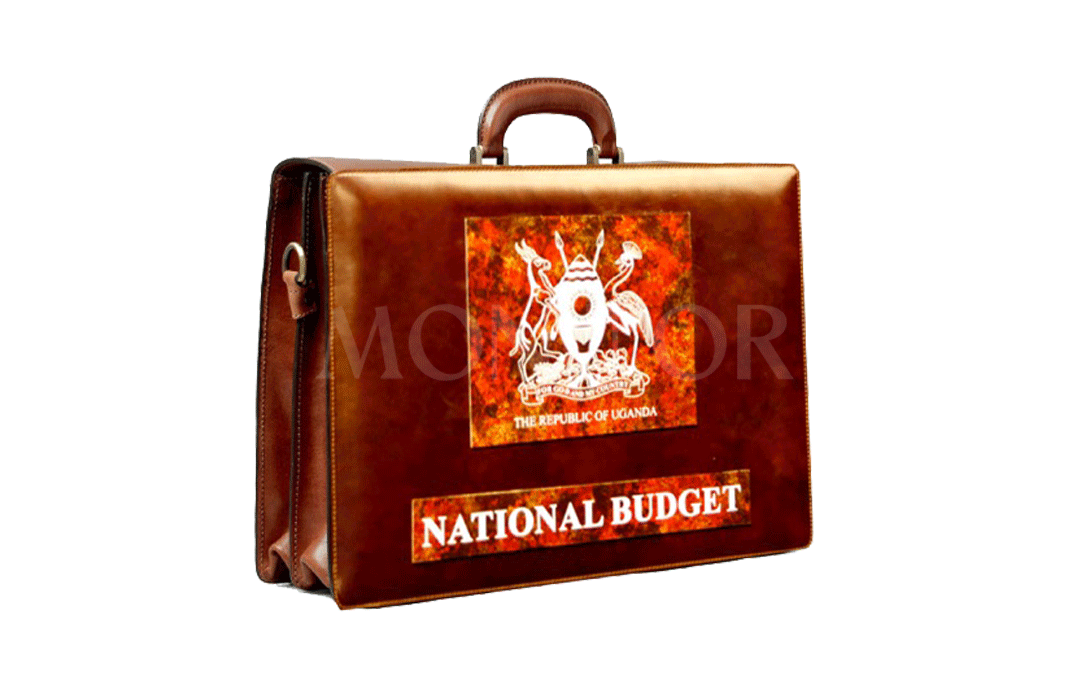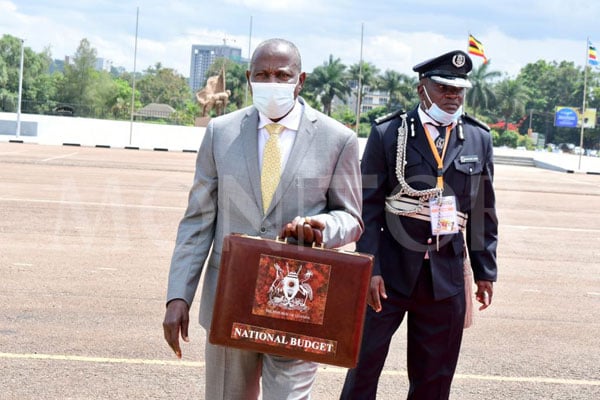Prime
Finance moves to tighten revenue leak

Government presented its budget for the FY2022/23 on June 14, 2022. PHOTO/FILE
What you need to know:
- The amendments under the Tax Procedures Code is quite stringent as it is meant to close revenue leakages.
Despite not introducing new taxes, considering the economic crisis, thanks to Covid-19 pandemic and resultant effects on the economy and livelihood, up to Shs48.1 trillion will have to be mobilised. About Shs30.7 trillion will have to be generated domestically by Uganda Revenue Authority (URA). Of this, Shs23.7 trillion will be tax revenue, while Shs1.7 trillion will be non-tax revenue.
While delivering the Budget speech yesterday, Finance minister Matia Kasaija noted that there will be no new taxes that will be introduced in Financial Year 2022/2023 as efforts towards raising what tax experts and policy analysts describe as ambitious revenue target, given the constrained economic environment, will be achieved by improving the efficiency in tax collection and enhancing compliance to tax laws.
“I wish to report that Parliament has made amendments to the various tax laws intended to simplify the laws, clarify previously ambiguous provisions and close loopholes that may lead to revenue leakage,” he told the MPs sitting at the Kololo Independence Grounds in Kampala yesterday.
Tax Procedures Code
The amendments under the Tax Procedures Code is quite stringent as it is meant to close revenue leakages. This is the only way government can collect taxes, considering that the economy is not likely to generate sufficient economic activities to boost revenue collection.
The law has introduced penalties for failure to provide information that relates to or improve tax compliance.
Businesses that continue to ignore or fail adhere to Electronic Fiscal Receipting and Invoicing Solution (EFRIS) and Digital Tax Stamps (DTS), both intended to combat tax evasion, smuggling, and other vices, will face it rough with the law.
Income Tax
There will be exemption for corporate Income Tax for Bujagali Hydropower project for another one year until June 2023 in order not to increase electricity tariffs for power that the project generates.
Further, the Income Tax Act has been amended to streamline the rental income tax regime for individuals and non-individuals.
According to the law, a zero rental income tax rate has been introduced for individuals who earn annual rental income not exceeding Shs2,820,000 and a rate of 12 percent of rental income exceeding that amount.
Also for rental business, there is an introduction of a 30 percent rental income tax rate on rental income with expenses capped to 50 percent.
In addition, any excess expenses shall not be carried forward.
Value Added Tax
Under the Value Added Tax Act, supply of oxygen cylinders or oxygen for medical use has been exempted so as to reduce the cost of the supply of oxygen for medical use.
ALSO READ: Highlights from Kasaija’s budget speech
Also, the supply of assistive devices for persons with disabilities (PWDs) has also been exempted so as to reduce the cost of the equipment used by PWDs.
The supply of airport-user services charged by the Civil Aviation Authority is also on the list of exemption to reduce the cost of transiting through Entebbe.
Now, importantly perhaps, suppliers who supply goods and services to government are hedged against the risk of interest and penalties arising from delayed payments by government.
Stamp Duty
Agreements relating to the deposit of title deeds or personal property or goods to another as a pledge or as security for a sum of money borrowed will attract nil Stamp Duty (tax). The same applies to agricultural Insurance Policy, which is intended to encourage the uptake of agricultural insurance services; and security bond or mortgage deed executed or to account for money or other property received by virtue of security bond or mortgage deed executed by surety to secure a loan or credit facility.
Excise Duty
Under the Excise Duty Act, the government has undertaken to reduce excise duty applicable on opaque beer and fermented beverages made from locally sourced raw materials to 12 percent or Shs150 per litre, whichever is higher.
This is intended to promote value addition and the use of locally sourced raw materials.





